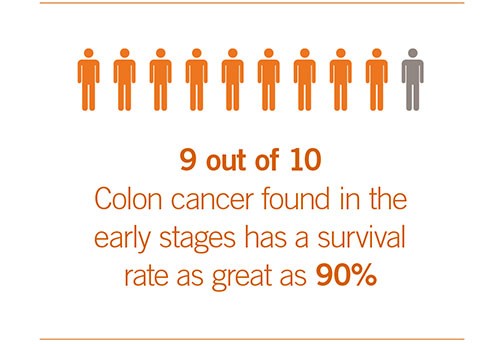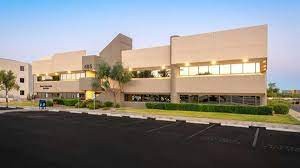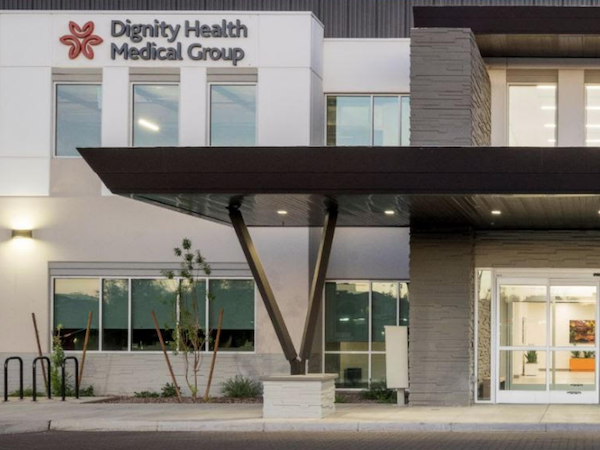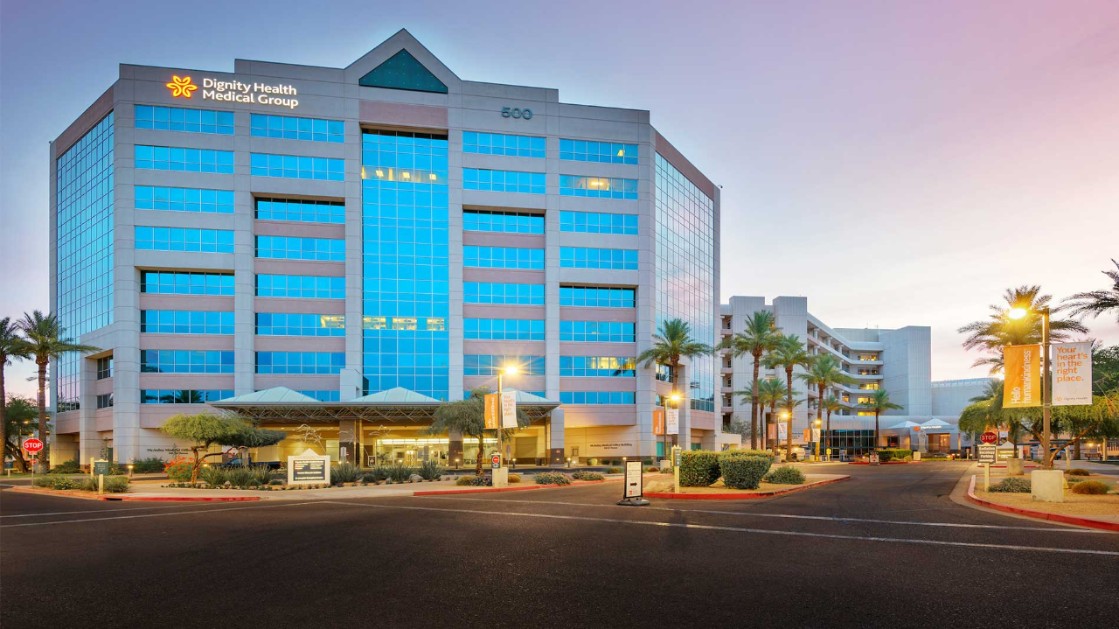If your cancer is at an early stage and confined to the rectum, your doctor may perform what is known as a local excision. It removes the cancer cells and some tissue from the rectal wall. It may be done through the anus or through a small cut in the rectum. It does not require a major abdominal surgery.
Procedures
For cancers of the colon, you may undergo a colectomy—a procedure that removes the cancer cells and part or all of the colon. When possible, a colectomy is done with laparoscopic or robotic surgery, which involves several small incisions in your abdomen. Your surgeon will pass a tiny video camera through one incision and special surgical tools through the other incisions.
The benefit of laparoscopic and robotic surgery is that smaller incisions generally mean:
- earlier return of bowel function
- faster recovery
- decreased blood loss
- reduced post-operative pain
- shorter hospital stay
The type of operation you undergo is largely dependent on your individual factors. Those who have had extensive abdominal procedures before, or those who have large tumors, may not be candidates for minimally invasive surgery. Your operation may also begin as a laparoscopic or robotic colectomy, but progress to an open procedure if deemed necessary by your surgeon.
Benefits of Robotic Surgery
With robotic surgery, colorectal surgeons benefit from improved 3D visualization and maneuverability within difficult-to-access pelvic spaces. Robotic surgery offers surgeons a high degree of precision, control, and dexterity.
In addition, the enhanced magnification helps surgeons minimize trauma to important nerves and vessels, thereby preserving important biological functions such as urination and sex, which are essential for quality of life.
Reconnection
Once the colon has been repaired or removed, your surgeon will reconnect your digestive system to allow your body to expel waste. There are different ways to do this.
Your surgeon may be able to stitch up the remaining portions of the colon so that stool is eliminated from your body as it was before the surgery.
If the colon and rectum are both removed, your surgeon may use a portion of your small intestine to create a pouch that is attached to your anus. This allows you to expel waste normally, though you may have several watery bowel movements a day.
Your surgeon may attach your colon or small intestine to an opening created in your abdomen called a stoma. If the colon is attached to the stoma, it is called a colostomy. If the small intestine is attached to the stoma, it is called an ileostomy. However, this situation is usually not permanent. Once you have recovered, another operation (known as a colostomy reversal or ileostomy reversal) can be done to put the ends of the colon back together or to attach the intestine to the colon. Sometimes the colostomy or ileostomy may need to be permanent.












